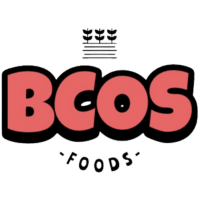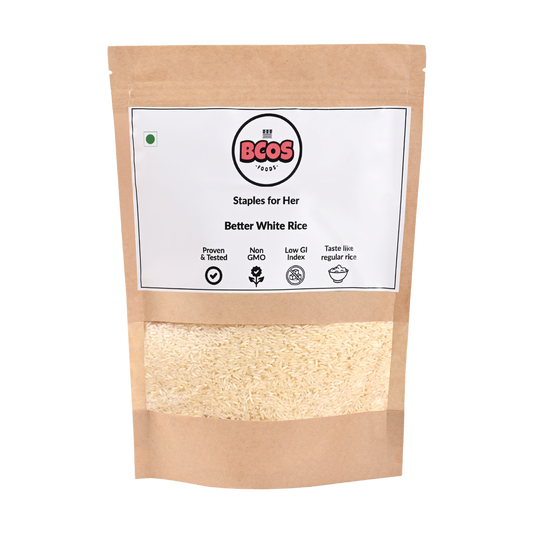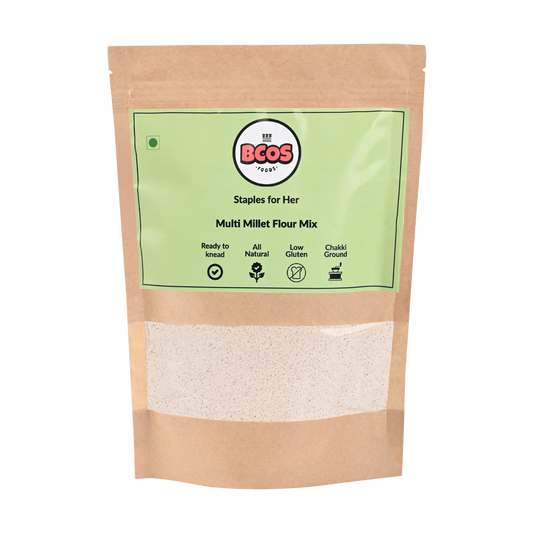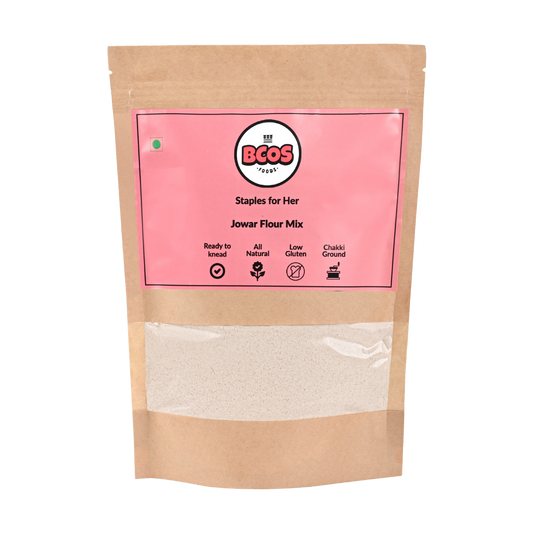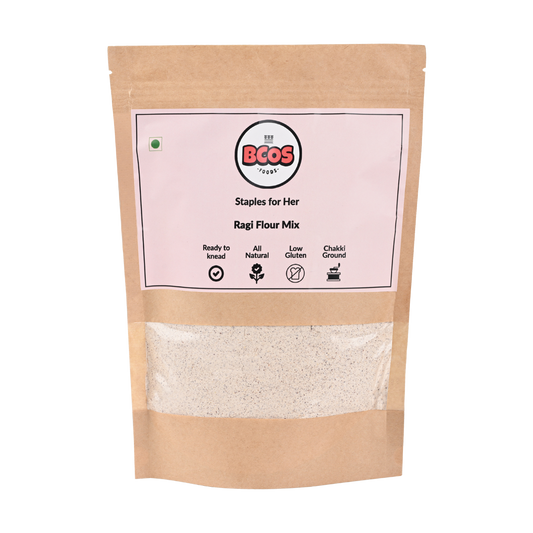Polycystic Ovary Syndrome (PCOS) is more than just a hormonal imbalance—it’s a lifestyle condition influenced by what you eat, how you move, and surprisingly, what you apply to your skin. While most conversations around PCOS revolve around food and fitness (which we at BCOS Foods are deeply passionate about), it’s time to spotlight an often overlooked culprit: your beauty shelf.
Yes, that innocent-looking face wash, lipstick, or body lotion may be doing more harm than good.
The Endocrine Disruptors Lurking in Your Vanity
Many personal care products contain endocrine-disrupting chemicals (EDCs)—compounds that can mimic or interfere with the body’s natural hormones, including estrogen and androgens. For someone already navigating PCOS, this hormonal disruption can worsen symptoms like acne, irregular periods, weight gain, hair loss, and mood fluctuations.
Here are the top offenders to watch out for:
1. Parabens (in moisturizers, makeup, shampoos)
Parabens are preservatives used to extend shelf life, but they can mimic estrogen in the body, potentially throwing off your already-sensitive hormonal balance.

Label tip: Avoid anything with methylparaben, ethylparaben, butylparaben, or propylparaben.
2. Phthalates (in fragrances, nail polish, hairsprays)
Phthalates are found in “fragrance” or “perfume” listed on product labels. These are known hormonal disruptors that can exacerbate insulin resistance and promote weight gain—both major PCOS challenges.
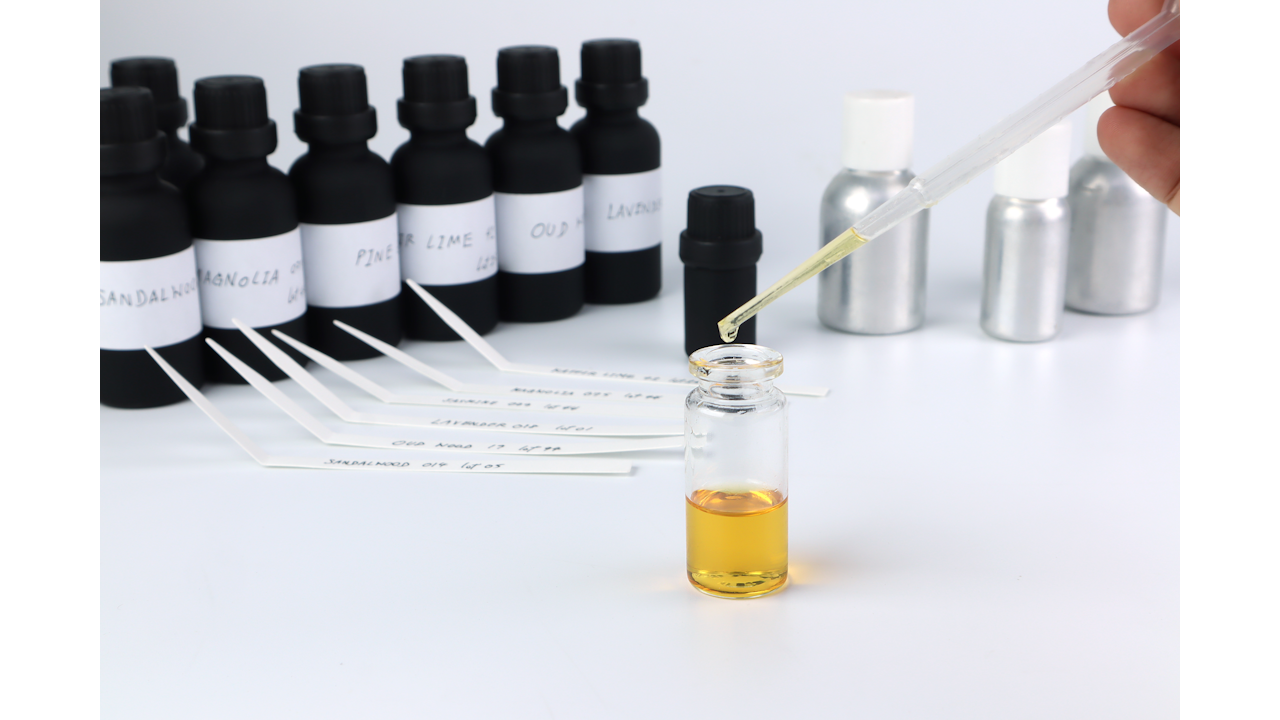
Label tip: Look for “phthalate-free” or avoid products with vague “fragrance” listings.
3. Triclosan (in antibacterial soaps and some toothpastes)
Triclosan is linked to thyroid dysfunction, which often overlaps with PCOS. Chronic exposure may mess with metabolic rate and energy levels.

Label tip: Skip “antibacterial” products unless medically necessary.
4. Sulfates (in shampoos and cleansers)
Though not always hormonally disruptive, sulfates can irritate sensitive skin and trigger inflammation—a key root issue in PCOS.

Label tip: Prefer “sulfate-free” shampoos and gentle cleansers.
5. BPA (in plastic packaging and some lip balms)
Though more common in food packaging, Bisphenol A (BPA) can leach from plastics in cosmetic containers. BPA mimics estrogen and can worsen hormonal symptoms.
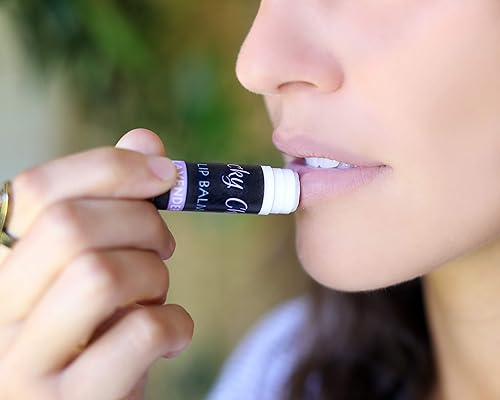
Label tip: Choose products in glass or BPA-free packaging when possible.
How This Relates to Food and PCOS
At BCOS Foods, we believe in holistic living. Just as we recommend clean, PCOS-friendly flours and rice to support your metabolism, your skin deserves the same mindfulness. Your skin absorbs nearly 60% of what you apply to it—so think of your skincare and makeup as an extension of your diet.
What You Can Do Today
✅ Switch to clean beauty brands that are transparent about ingredients.
✅ Read labels as carefully as you do on your food.
✅ Simplify your routine — fewer products mean fewer toxins.
✅ Detox your shelf just like you detox your pantry.
Tip: A Sip of Self-Care
Managing PCOS doesn’t mean cutting joy from your life. A warm cup of hormone-supportive chai becomes a daily ritual that works in your favour—balancing blood sugar, easing inflammation, and calming your stress response naturally.
Final Thought
Managing PCOS isn’t just about avoiding sugar or working out—it’s about building an ecosystem of habits that align with your body’s needs. That includes the beauty choices you make every single day. As you clean up your plate with BCOS Foods, it’s time to clean up your skincare too.
Because true wellness is skin-deep, gut-deep, and everything in between.
#bcosyoumatter
